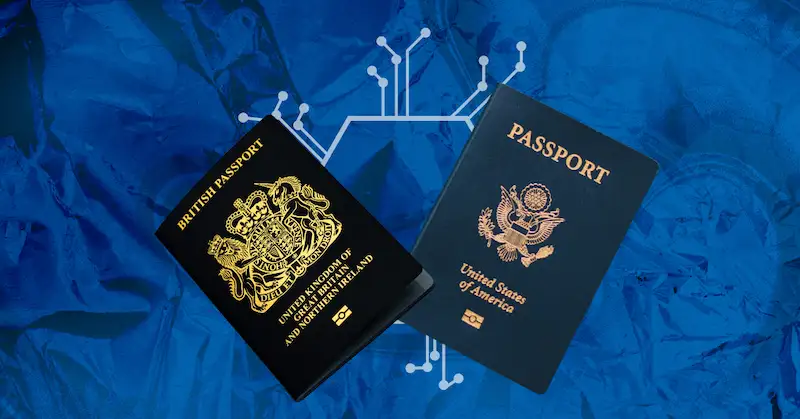
The OpenSea scandal can teach us a lot about blockchain scams
Published:
Updated:
Need the full story?
Sign up for The Hustle to get the business world's wildest stories delivered daily. This one's on us.
Related Articles
-

-
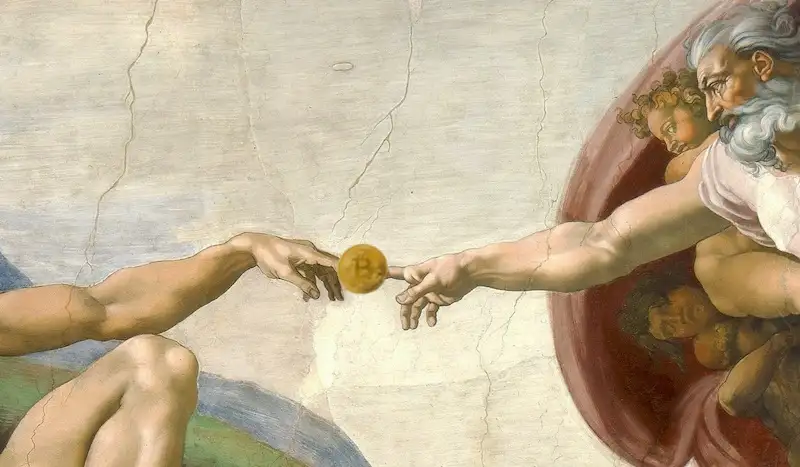
The Lord minteth in the weirdest alleged crypto scam yet
-
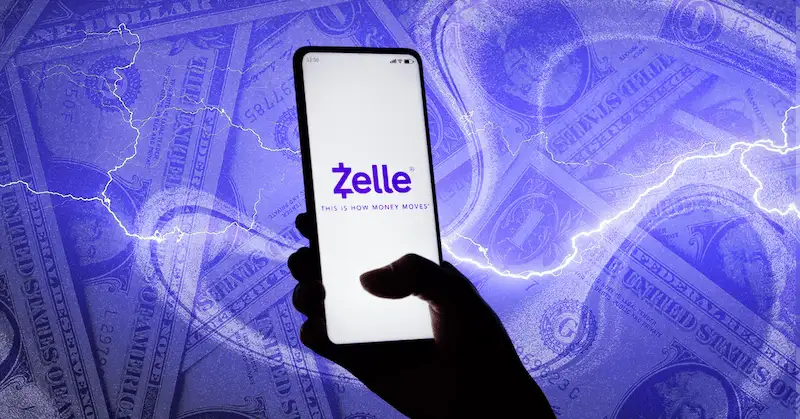
Why Zelle reversed course on refunding fraud victims
-

Hackers will hack anything — including your sex toys
-
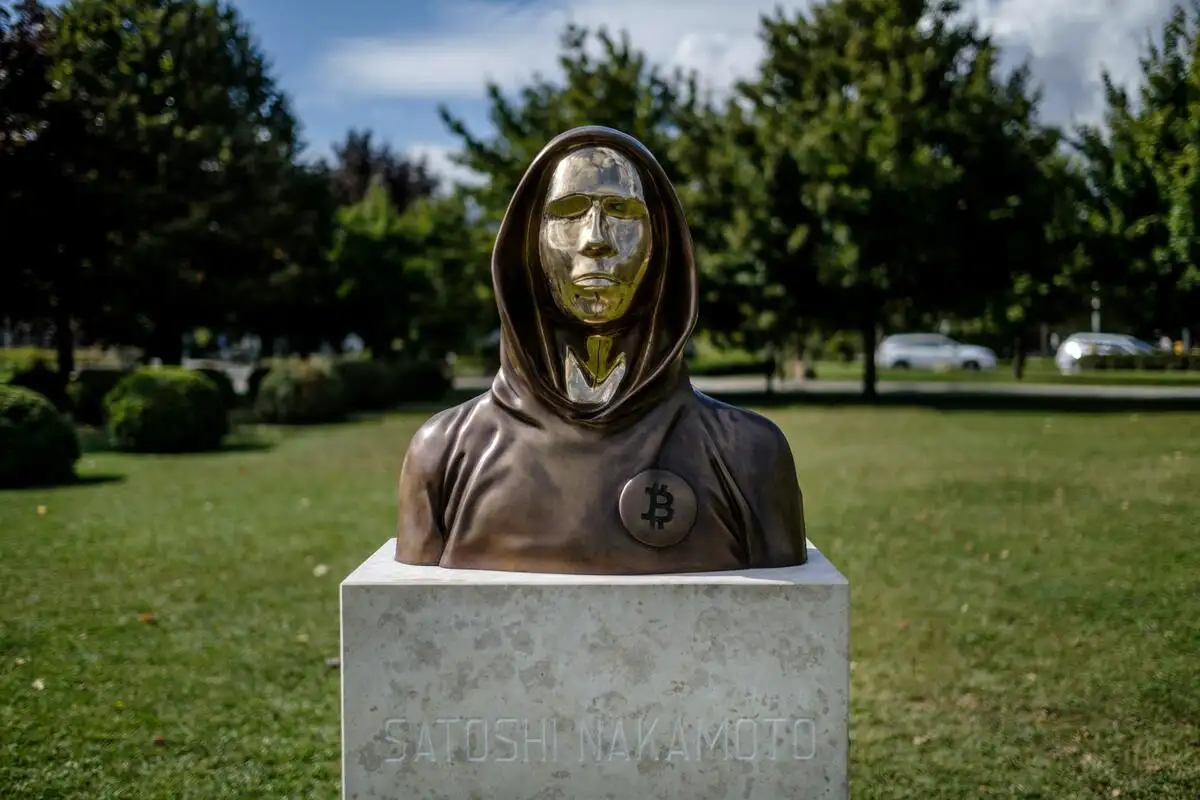
How do we not know who Satoshi Nakamoto is?
-
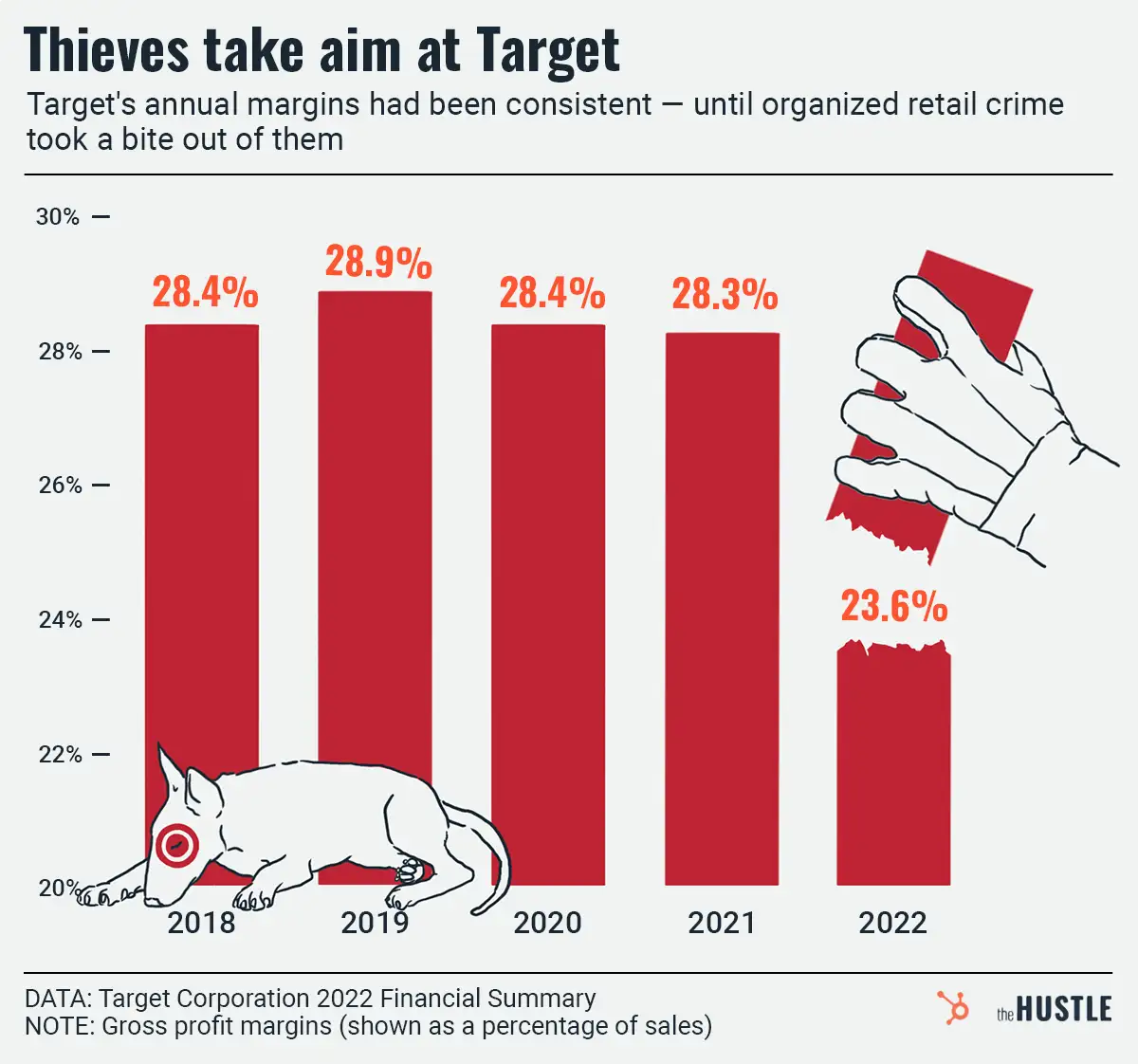
People love stealing stuff from Target
-

Saying you run a business is easier than actually running one
-
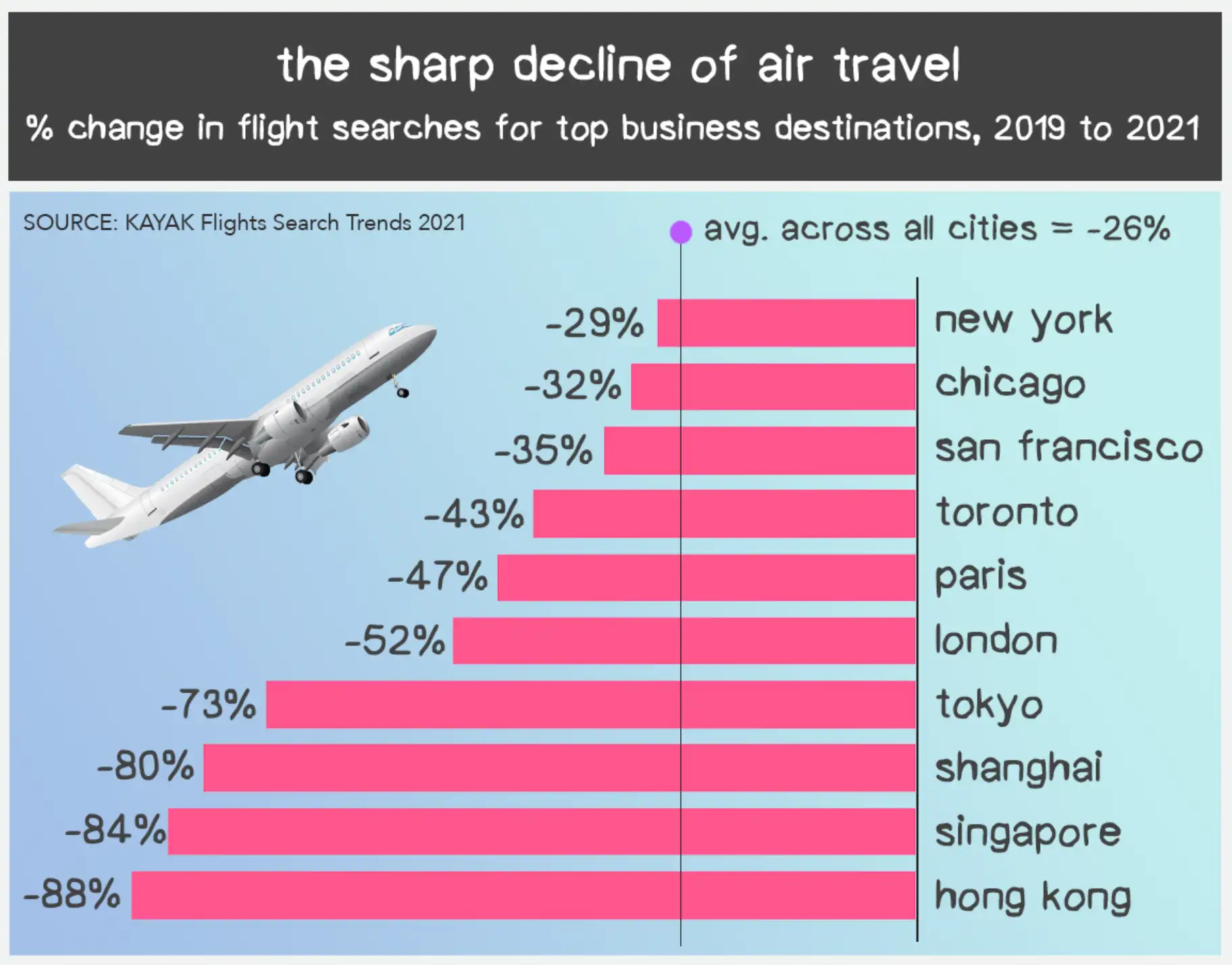
Thailand is betting on crypto to spur tourism
-

Wash trading and crypto, explained
-

Scandal: JPMorgan accuses founder of faking 4m+ accounts

